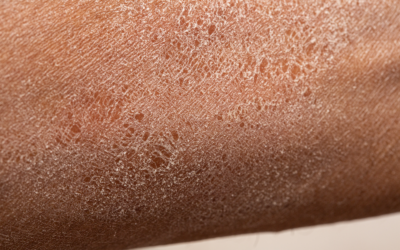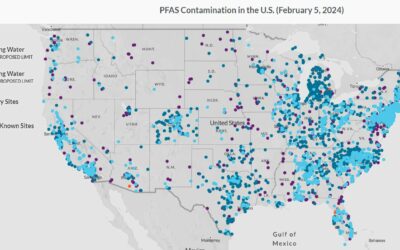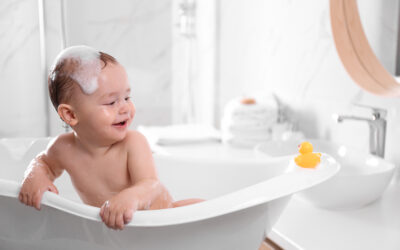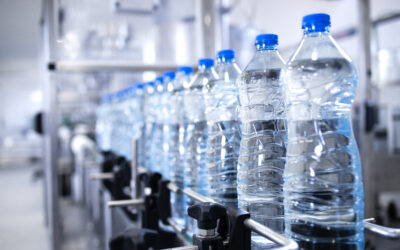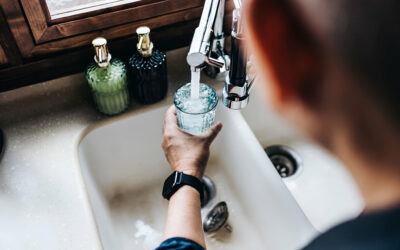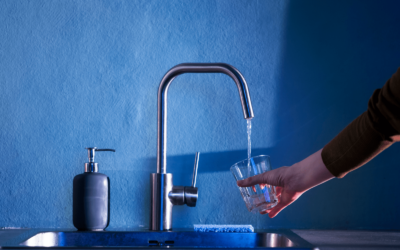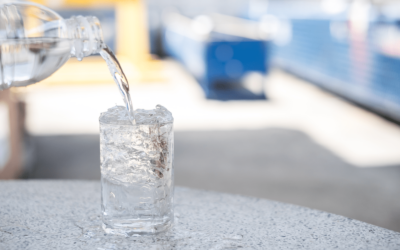Blog
What’s the Best Type of Water to Drink
At , we understand it's important to drink water and the significance that water has in the daily lives of residents in the area. We know that the quality of the water we consume significantly influences our health and overall...
Why Am I So Itchy?
Do you struggle with dry, itching skin or scaly patches that just won't go away even when you apply moisturizer to your skin regularly? If so, you are not alone. Many people just like you suffer from itching.We're Here to HelpAt , we know how...
What is PFAS and Why is it a Growing Concern for Drinking Water?
At , we know that PFAS is a growing concern for Dallas, Fort Worth, and Westoplex families and we care about its impact on the health of our local community.PFAS are a large family of man-made chemicals used in various ways since the 1940s. Most commonly...
What Is Alkaline Water?
What is Alkaline Water & Why Should it Matter to residents?If you reminisce back to the days of your youth and think about sitting in science class, you may remember learning about the pH scale. What does the pH scale have to do with alkaline...
Picking the Best Water Softener
Water touches every area of our lives, but not all water is created equal. At , we know how important clean, healthy water is. We are also familiar with the specific struggles that our neighbors in the area are faced with. Common...
Is Bottled Water Better than the Tap?
Looking for the best bottled water brands? Love the clean taste of your favorite bottled, natural, purified water? There are a few brands out there that bottle quality water and store it in safe packaging that is both safe and enjoyable to drink. Reviews spanning...
Why Testing Your Water Is So Important – Water Testing Near Me
We all know that life can not exist without water. Yet, we don't always consider the quality of our water. Water flows into our homes, and most of us assume it is clean and safe. However, water quality ranges greatly by area and varies drastically depending on the...
How to Choose the Best Water Filter for Your Home
At , we know that clean, safe drinking water is essential to the health and well-being of our families in the area. There are a massive number of water filters available in the market. Choices range from water filter pitchers and...
Is Tap Water Safe to Drink?
Many of us assume that the drinking water that comes from our taps comes from reliable drinking water systems and that it is safe to drink. While it may be true that the water that leaves the public water system meets certain criteria set forward by the Environmental...
Is Drinking Distilled Water Safe?
In a world where water quality is a growing concern, many of us are worried about our drinking water, and rightfully so!Generally, the answer to "Is distilled water safe?" is yes, but there are some key considerations to make before you decide to start drinking...


